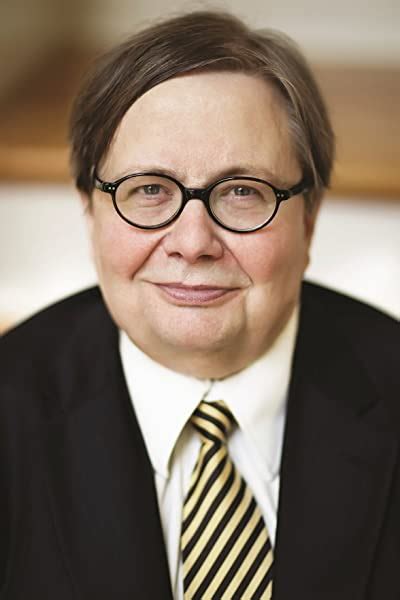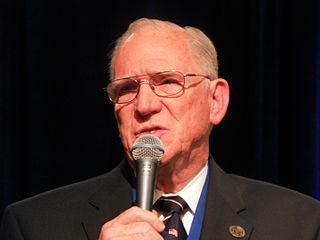A Quote by Geoff Mulgan
As the Internet of things advances, the very notion of a clear dividing line between reality and virtual reality becomes blurred, sometimes in creative ways.
Related Quotes
If you're having a very high-adrenaline, high-movement experience in virtual reality, and then all of a sudden you're back in your office, that disconnect is pretty notable. Whereas if you're using it for virtual reality teleconferencing... there's really no kind of impact moving back and forth between the real and the virtual world.
Reality TV now doesn't feel reality TV when it started. The line between reality and fiction is blurred. So many of these people are phony or shallow, in their own right. If you've ever watched any of The Real Housewives, or those types of shows, they're all performing. Even though they're real people, they're performing.
The simulator is the stage in-between television and virtual reality, a moment, a phase. The simulator is a moment that leads to cyberspace, that is to say, to the process because of which we now have two bottles instead of one. I might not see this virtual bottle, but I can feel it. It is settled within reality. This explains why the word virtual reality is more important than the word cyberspace, which is more poetic.
Literary science fiction is a very, very narrow band of the publishing business. I love science fiction in more of a pop-culture sense. And by the way, the line between science fiction and reality has blurred a lot in my life doing deep ocean expeditions and working on actual space projects and so on. So I tend to be more fascinated by the reality of the science-fiction world in which we live.
At its very core, virtual reality is about being freed from the limitations of actual reality. Carrying your virtual reality with you, and being able to jump into it whenever and wherever you want, qualitatively changes the experience for the better. Experiencing mobile VR is like when you first tried a decent desktop VR experience.
There are certain ways, narrative forms, that do not function as a continuation, for example, of 3D movies. You see, what is obvious to me is virtual reality or immersive 360 degrees virtual reality is not somehow a part of 3D movies, and it is not a new form of video games, it's neither, it is something completely new, something different, and nobody has come up yet with real convincing content.



































